
OR
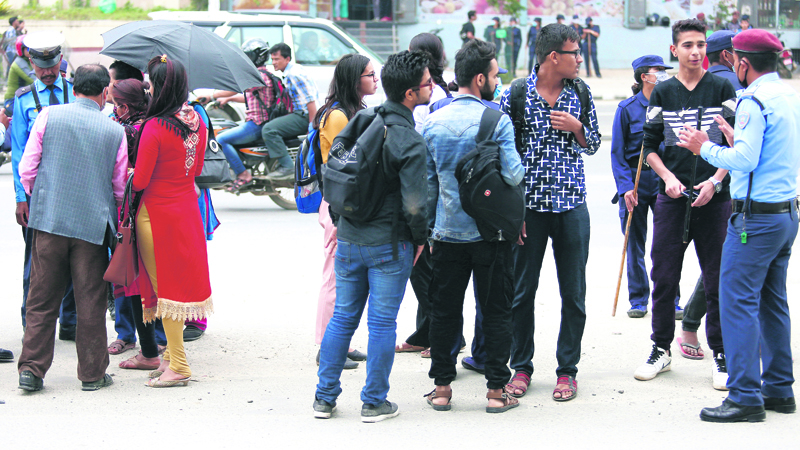
Our new Home Minister finally ordered the Traffic Police to stop their fledgling initiative of fining jaywalkers. This campaign was rather short lived even after taking into account the transient nature of most initiatives that our traffic police have been associated with. Blink and you probably missed most, if not all of it.
I tend to be healthily skeptical of most of these campaigns but I actually thought this particular one was here to stay which is more than what I can say about the ‘No honking’ and ‘Lane discipline’ ones. I mean, let’s face it – getting people to stop honking overnight or enforcing lane discipline over the longer term sounds a lot harder to achieve than randomly fining jaywalkers.
There was almost some sort of underlying presumption that it would affect the less privileged (read powerless) folks and hence wouldn’t cause much of a stir. Truth be told, it could happen to anyone and a good proportion of folks in Kathmandu would rather pay up the Rs 200, albeit grudgingly, than be subjected to its alternative whatever that might have been. From the traffic police’s perspective it was money for nothing, really. No one, I suspect, had counted on public reactions coming into the equation.
The primary reason behind the abrupt halt to these involuntary contributions can be blamed on the huge outcry from the public. This policy of fining offenders for unlawfully crossing the road was by any measure, hugely unpopular. It doesn’t matter how noble your intentions are – and I don’t really believe the intention of the policy was such – if the public doesn’t buy into it then it isn’t going to work. For most of the traffic police’s initiatives they had broad support of the public even if the policies and enforcement appeared to be draconian.
You could always find those on the receiving end of unfair ‘ma pa se’ treatment or even lane discipline violations still advocating for it on the grounds that it was for the common good. Not so much for this zebra crossing fiasco that, unlike the previous directives, was neither welcomed nor really adhered to. One of the main reasons for this collective resentment being the fact that there aren’t enough zebra crossings (never mind over head bridges) in most places and walking though the dusty roads, in their present condition, to find one is not exactly an appealing proposition. In most countries zebra crossings are marked by lights or even signage, but we are a long way away from that.
In fact the crossings themselves are barely visible making them risky for both pedestrians and motorists alike. When this is combined with motorist’s propensity to speed up once they see foot traffic, crossing the roads becomes a real gamble. And once you are done with playing roulette with your life and limb and reach the other side, there’s a traffic cop waiting with those annoying receipts asking you to pay for the privilege of risking your life. Is it any wonder then that it didn’t have widespread support?
In the case of many of the police’s other initiatives, there was no requirement for the state to fulfill any obligations in the form of infrastructure or lay any kind of groundwork necessary for enforcement of a rule. The police simply had to announce that something was banned, make a policy and basically start fining the daylight out of people. But when the administration was required to put in measures to ensure compliance – read zebra crossings and or overhead bridges, they failed miserably and resorted to the only thing they know how to do effectively – play the blame game.
In this case it was between the Department of Roads and the police. All of these grey areas should have been considered by the cops before starting to fine people willy-nilly. It’s a good thing that our Home Minister Janardan Sharma has a bit of common sense in him because left to the cops they would still go ahead with it and rake in money for the police coffers.
We are prone to pointing fingers at the police but they, at the very least, have to be acknowledged for trying to enforce some sort of traffic discipline, making their jobs easier and making the roads safer for all of us within the bounds of the often-chaotic administrative ecosystem they operate in. It’s not really their job to ensure infrastructure is up to date but it’s not too much to wish that a little thought, groundwork, and coordination had gone into it before the enforcement began. After all, if we are going to pay up it should be only for non-compliance and not for lack of adequate infrastructure.
For now, even though the fines have been done away with, the awareness campaign on jaywalking is set to continue. Unfortunately for us – and as traffic police are only too familiar with – awareness campaigns tend to do little unless the consequences of non-compliance are punitive. So, I wouldn’t be surprised to see this campaign continued in another avatar and perhaps with a new set of ‘rules’. We just have to wait and see.
The writer loves traveling, writing, and good food when he is afforded an escape from the rat race. He can be contacted at gunjan.u@gmail.com.

You May Like This
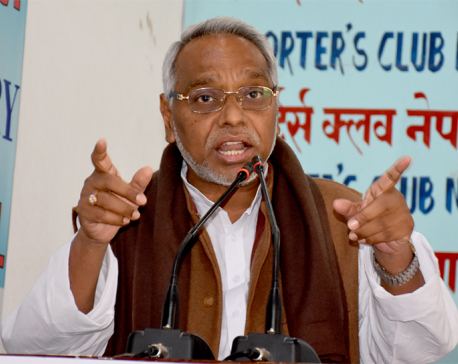
We will not allow polls if the statute not amended by May 18: Mahato
KATHMANDU, May 11: Senior leader of Rastriya Janata Party Nepal (RJPN) leader Rajendra Mahato has warned that his party will... Read More...
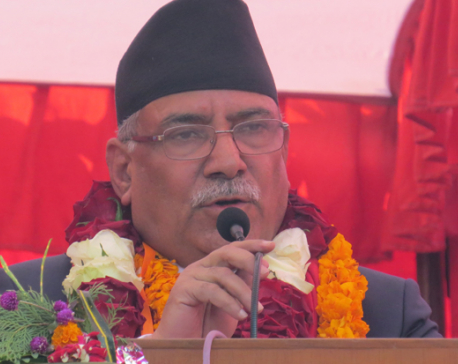
Nepal would not have existed if Prithvi Narayan Shah had not played unifying role: PM Dahal
CHITWAN, Jan 10: On the eve of the birth anniversary of late King Prithvi Narayan Shah, Prime Minister Pushpa Kamala... Read More...

‘500-Denominated banknote not illegal, but not exchangeable’
KATHMANDU, Nov 26: The newly-circulated Indian banknote will be illegal to exchange in Nepal until the Reserve Bank of India... Read More...


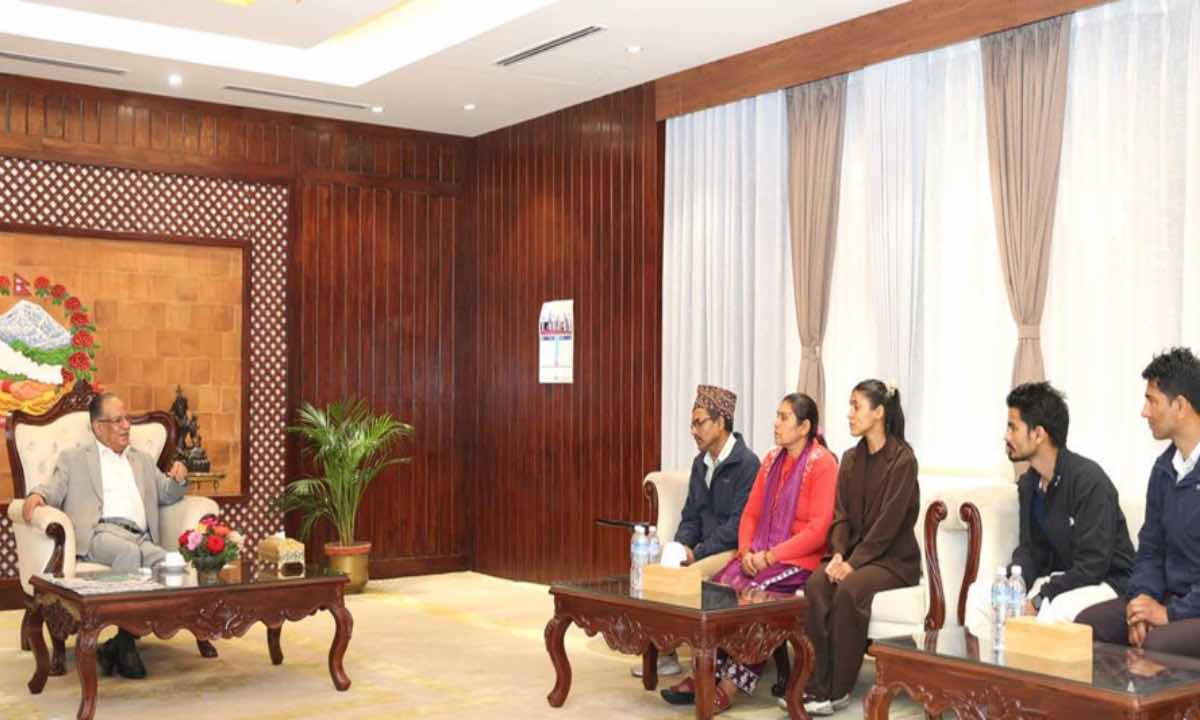
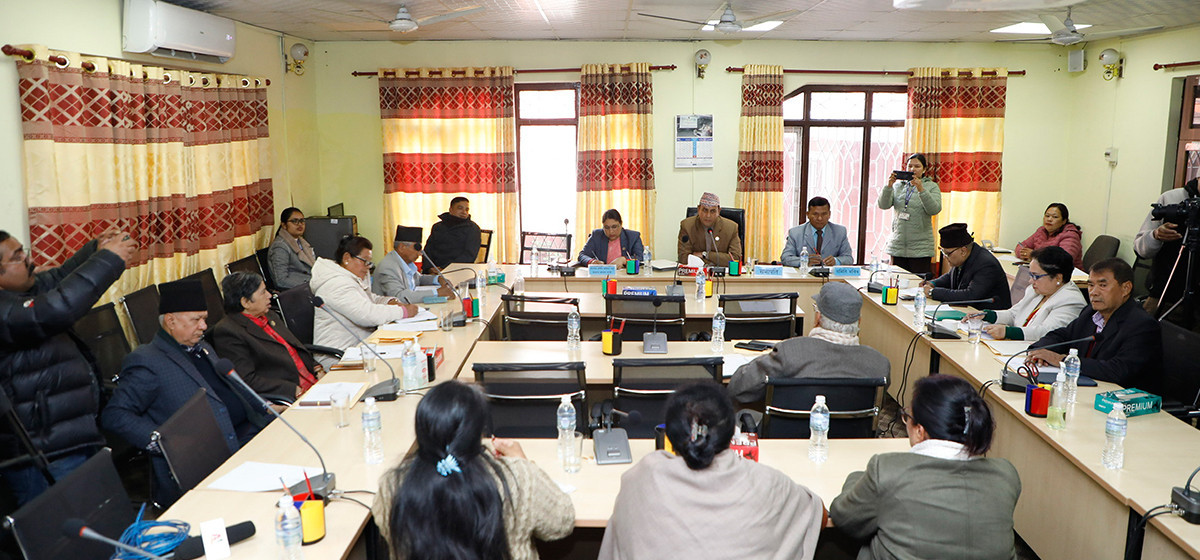

Just In
- Gold price increases by Rs 700 per tola
- Fire destroys wheat crop in Kanchanpur, Kailali
- Bipin Joshi's family meets PM Dahal
- State Affairs and Good Governance Committee meeting today
- Gold items weighing over 1 kg found in Air India aircraft at TIA
- ACC Premier Cup semi-final: Nepal vs UAE
- Sindhupalchowk bus accident update: The dead identified, injured undergoing treatment
- Construction of bailey bridge over Bheri river along Bheri corridor reaches final stage













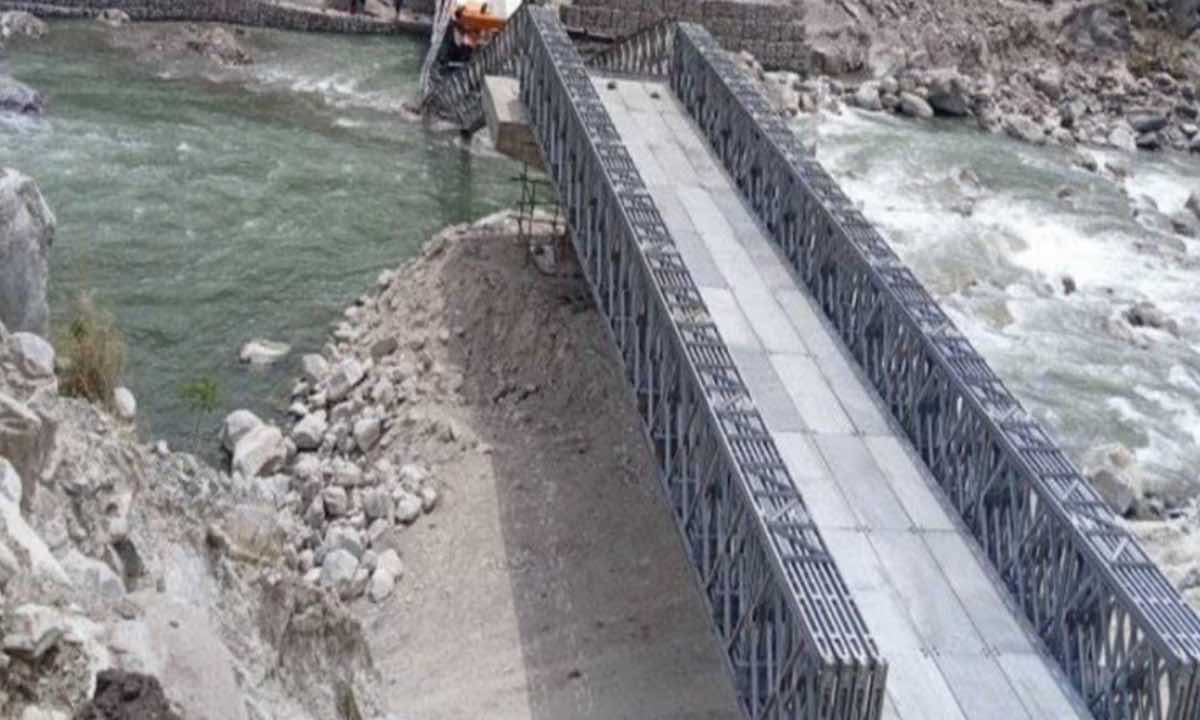
Leave A Comment